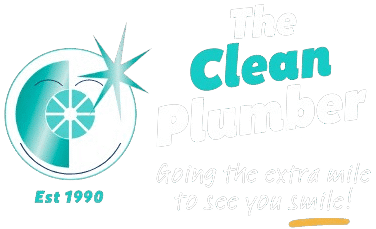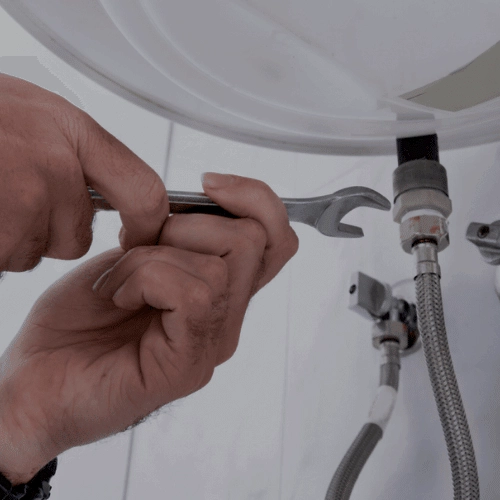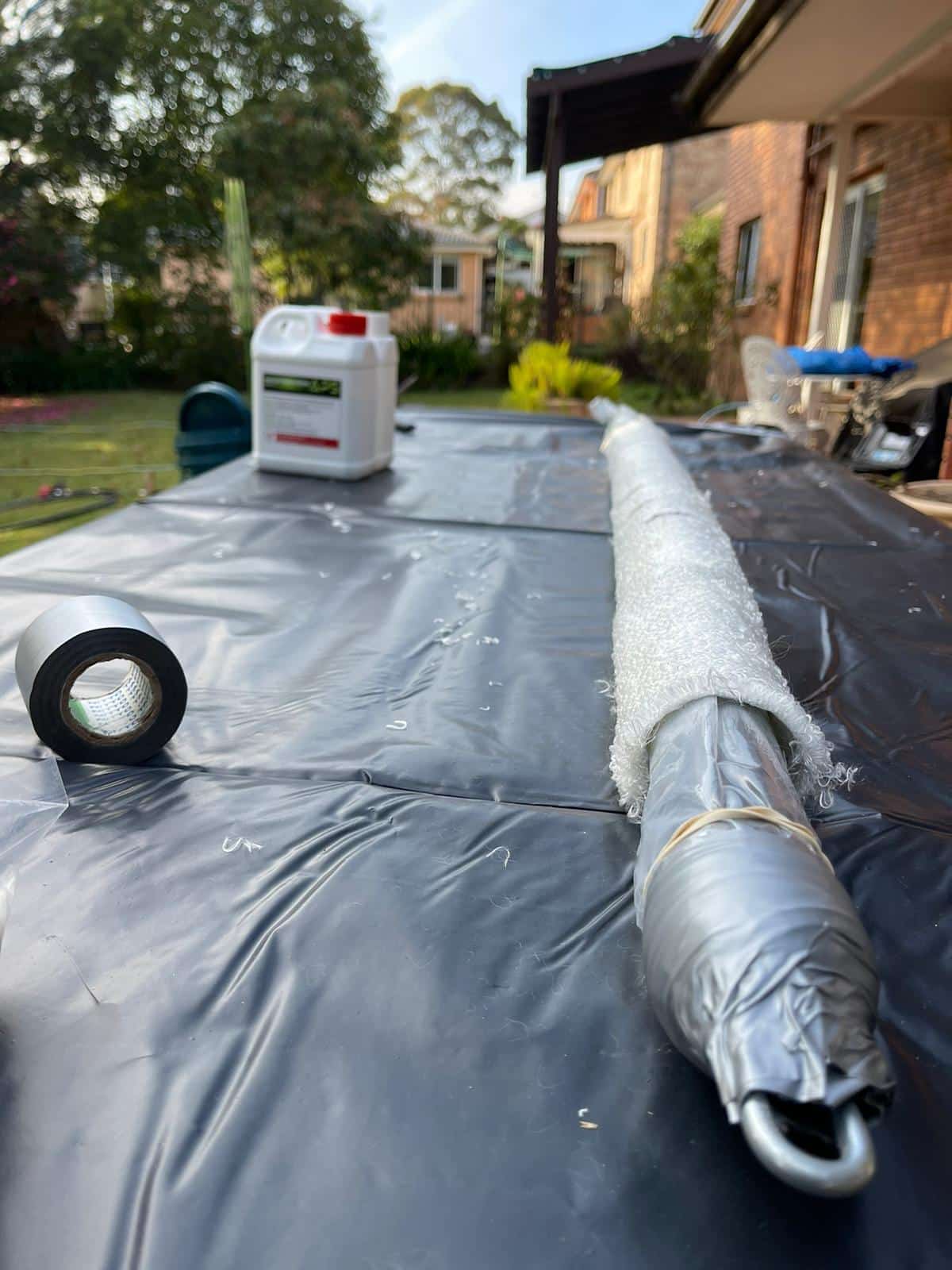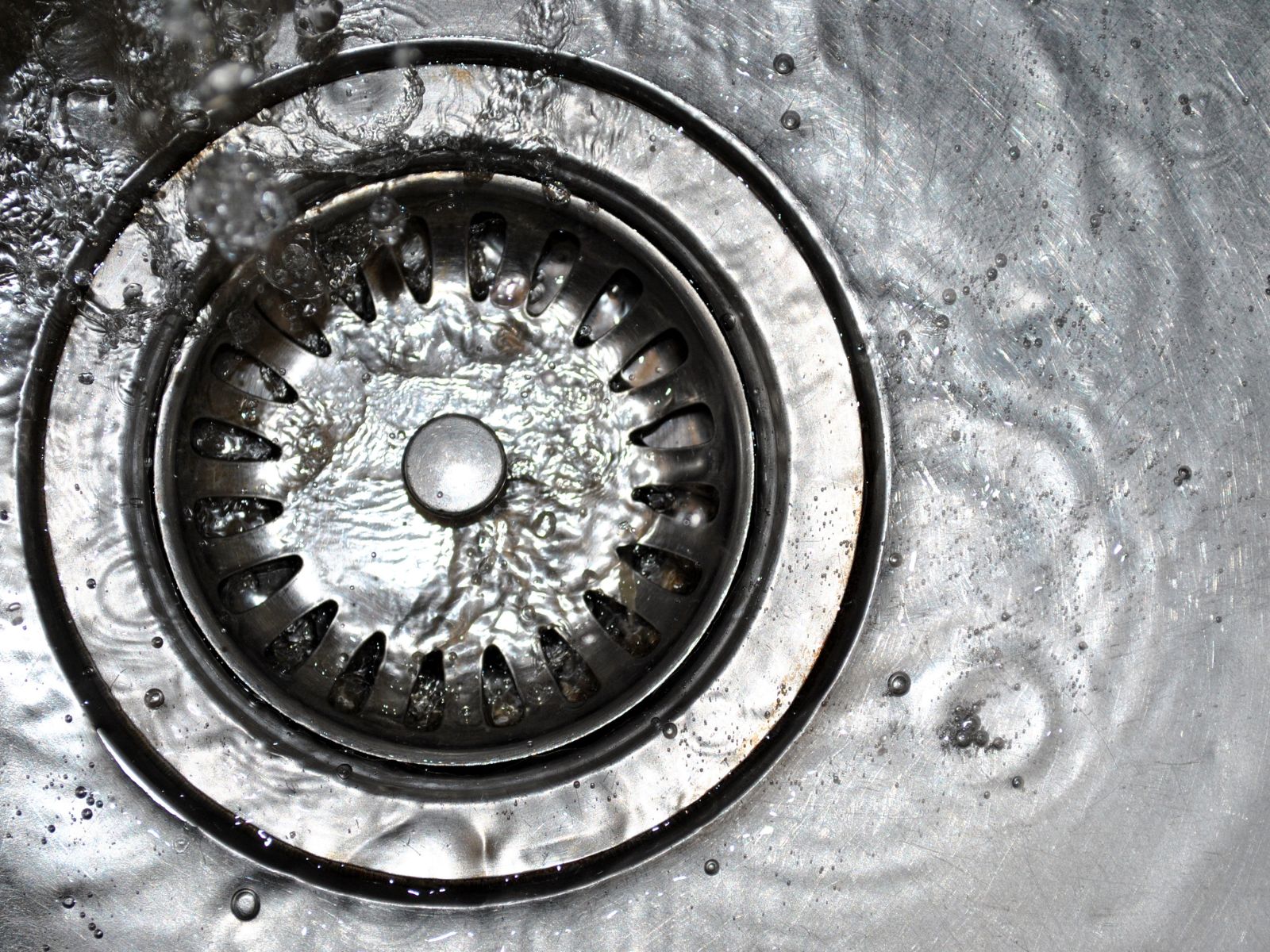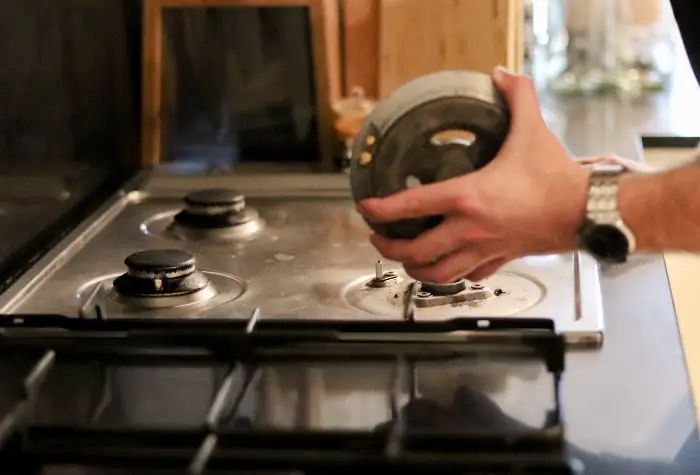Clogged drains are more than just an inconvenience—they can lead to unpleasant odours, damage to your plumbing system, and costly repairs if not addressed promptly. Whether it’s a slow-draining sink or a backed-up shower, having the right drain cleaner, such as a drain clean hair unclogger, can make all the difference.
In this ultimate guide, we explore everything you need to know about choosing the best drain cleaner in Australia, including the top options available. From understanding the common causes of blockages to selecting eco-friendly and effective products for your home, you’ll learn everything you need to keep your drains clear.Understanding Clogged Drains
Before diving into the different types of drain cleaners and their effectiveness, it’s important to understand how and why slow flowing drains become clogged in the first place, especially when dealing with stubborn clogs.Common Causes of Blocked Drains
Blocked drains can occur in any part of your home—kitchen, bathroom, laundry, or outdoors. Some of the most frequent culprits, including hair clogs, grease, and other debris:- Hair and soap scum build-up: This is especially common in bathroom sinks and showers. Over time, hair combines with soap residue to form sticky clogs that are hard to remove.
- Grease and oil accumulation: In the kitchen, cooking oils and grease can solidify inside your pipes, trapping food particles and causing significant blockages.
- Food particles and debris: Scraps from dirty dishes or waste not caught by sink strainers can get lodged in the pipes and cause clogs.
- Mineral deposits and scaling: Hard water can lead to the build-up of calcium and magnesium deposits inside your plumbing, restricting water flow.
- Tree roots and foreign objects: Outdoors, invasive roots or accidentally flushed items can cause extensive pipe blockages and damage.
Signs of a Clogged Drain
Early detection can save you from a major plumbing disaster. Watch out for these tell-tale signs:- Slow draining water: If water pools around your feet in the shower or lingers in the sink, it’s a sign of a developing blockage.
- Gurgling or bubbling sounds: Strange noises from your drains usually indicate trapped air or water flow obstructions.
- Backed-up water or sewage: This is a serious issue that needs immediate attention and is often a sign of a deep blockage.
- Unpleasant odours: Rotting food or sewage trapped in the pipes can cause foul smells to emanate from your drains.
- Visible blockages or debris: Hair, soap scum, or food particles near the drain opening can signal larger problems deeper in the plumbing.
Choosing the Best Drain Cleaner
Not all drain cleaners, especially those with natural enzymes, are created equal. The best heavy duty cleaner for your home will depend on the type of clog, the plumbing system, and your personal preferences regarding environmental impact and ease of use.Types of Drain Cleaners
There are several types of specifically formulated drain cleaning products available in Australia, each with its own strengths and limitations:- Chemical Drain Cleaners: These are the most commonly used products for stubborn blockages, but they often contain harsh chemicals. They typically include powerful ingredients such as sodium hydroxide or sulphuric acid, which dissolve hair clogs, grease, and organic matter quickly. However, they must be used with caution, as they can corrode pipes and pose a risk to the environment if overused.
- Enzyme-Based Drain Cleaners: A gentler alternative, enzyme cleaners use bacteria or enzymes to digest organic waste. They’re safe for septic systems and regular use but may take longer to work on tough clogs, making them ideal for maintaining your drain.
- Natural Drain Cleaners: Homemade or commercial natural solutions, such as baking soda and vinegar or citrus-based products, are ideal for maintenance and minor clogs, especially in garbage disposals. They’re non-toxic and eco-friendly but may not be effective on severe blockages, though they are great for helping to clear drains.
Key Features to Consider
When selecting the best drain cleaning tools and cleaner for your needs, look for the following:- Effectiveness against tough clogs: Choose a product with a strong reputation for dissolving common blockages quickly and efficiently.
- Safety for plumbing systems and septic tanks: Some cleaners can damage older pipes or disrupt septic systems, so always read the label carefully.
- Environmental impact and eco-friendliness: Opt for biodegradable and non-toxic products whenever possible, especially if you’re using them regularly.
- Ease of use and convenience: Simple application, clear instructions, and minimal wait time can save you time and effort.
- Cost and value for money: While cheaper products may seem appealing, high-quality cleaners often provide better long-term results.
Top 10 Drain Cleaners in Australia
Here’s a breakdown of some of the best-performing drain cleaning products available in Australia, known for tackling tough clogs effectively:- Drano Max Gel Known for its thick consistency, Drano Max Gel clings to clogs and breaks them down quickly. It’s highly effective against hair, grease, and soap scum, making it perfect for bathroom and kitchen use.
- CLR Clear Pipes & Drains This cleaner uses a powerful yet non-corrosive formula that’s safe for plumbing and septic systems. It’s effective on organic build-up and works well for regular maintenance.
- Bio-Clean An enzyme-based cleaner that targets organic matter without harming pipes or the environment. It’s a top choice for households using septic tanks or those looking for a sustainable option.
- Diggers Drain Cleaner A heavy-duty product containing strong chemicals, Diggers is ideal for serious clogs. However, it should be used with care due to its high potency.
- Green Gobbler Drain Clog Dissolver Made with natural ingredients, this eco-friendly formula is effective on tough clogs. It works well on grease, hair, and soap scum and is safe for septic systems.
- Drano Snake Plus A versatile product that combines the power of a drain cleaner with a drain snake. It’s perfect for tackling both tough clogs and those deeper in the pipes.
- Unclog It Super Strength Drain Cleaner Known for its industrial strength, this powerful drain cleaner is effective for removing stubborn clogs, especially in kitchen and bathroom drains.
- Ecover Drain Cleaner A safer, environmentally-friendly option, Ecover is biodegradable and non-toxic. It’s ideal for minor blockages and regular maintenance.
- Selleys Liquid Plumber With a strong formulation, Selleys is perfect for dissolving hair, grease, and soap scum blockages. It’s a reliable product for both kitchens and bathrooms.
- Mr Muscle Drain Gel Known for its powerful gel formula, Mr Muscle clings to blockages to dissolve even the toughest clogs. It’s particularly effective in greasy, food-laden kitchen drains.
Drain Cleaning Methods
In addition to store-bought products, there are various methods to help you manage clogs at home.DIY Drain Cleaning with Baking Soda
One of the simplest and most eco-friendly ways to clear minor blockages is through routine maintenance:- Pour ½ cup of baking soda down the drain.
- Follow with ½ cup of vinegar.
- Let the mixture sit for 15–30 minutes.
- Flush with hot water.
Using Chemical Cleaners
When using chemical drain cleaners, be cautious of the potential risks associated with harsh chemicals, especially when using them on metal pipes :- Always follow the instructions on the packaging.
- Wear gloves and protective eyewear to prevent injury.
- Avoid mixing products or using plungers immediately after application.
- Only use in well-ventilated areas.
Safety Precautions and Considerations
Safety Precautions When Using Chemical Drain Cleaners
To ensure safety:- Wear protective gear and clothing to shield your skin and eyes.
- Avoid splashes and spills by pouring slowly and carefully.
- Use in well-ventilated areas to prevent inhalation of fumes.
- Read labels and follow directions to avoid accidents or damage.
Environmental Impact of Chemical Cleaners
Chemical drain cleaners with a fast acting formula may offer quick results, but they come with environmental costs:- They can harm aquatic life and ecosystems when washed into waterways.
- Repeated use may contribute to water pollution and chemical contamination.
- Eco-friendly alternatives such as enzyme-based cleaners or DIY solutions are better suited for routine use.
Clearing Blocked Drains and Pipes
Build-Up Remover and Maintenance
To prevent future clogs, consider using tools such as a plumber’s snake for thorough cleaning.- Clean your drains regularly with a suitable cleaner.
- Use a drain snake or plumber’s auger for deeper blockages that chemicals can’t reach.
- Install a drain screen or filter to catch hair, food, and debris.
Clearing Clogged Drains with a Plunger
A simple and effective tool for minor blockages:- Place the plunger over the drain to create a seal.
- Pump firmly several times to create suction.
- Check for improvement in water flow.
When to Call a Professional Plumber
Sometimes, DIY efforts aren’t enough.Signs of a Serious Clog
- Repeated clogs even after cleaning
- Persistent slow drainage or standing water
- Unpleasant odours that don’t go away
- Visible damage or corrosion around pipes and fittings
Benefits of Professional Help
- Expertise and experience to diagnose and resolve complex issues.
- Specialised tools and equipment like hydro jetters and drain cameras.
- Preventative advice to avoid future blockages.


